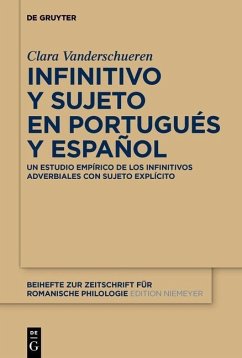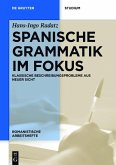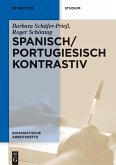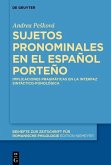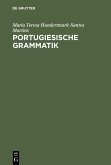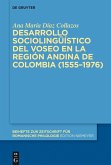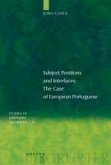This volume sheds light upon one of the most emblematic constructions in Ibero-Romance: adverbial infinitives with specified subjects (e.g. al entrar Juan (Sp), para eles verem o resultado (Ptg)). The study attempts to fill an empirical gap and offers a cognitive-functional and comparative account on these constructions.
The first part provides an overview of the notions of infinitive, subject and adverbial clauses. The second part consists of two empirical case studies. First, the use of the Portuguese inflected infinitive is shown to be sensitive to factors as the mental accessibility of the infinitival subject, the syntactic-semantic autonomy of the clause, the verbal nature of the infinitive and clausal status of the construction. Second, Spanish and Portuguese infinitives with overt subjects are shown to have different properties: in Portuguese they are more complex and clause-like (having more prototypical subjects and infinitives closer to the verbal prototype), while Spanish infinitives with proper subjects have a simpler structure and are more nominal in nature.
More generally, this dissertation illustrates the flexible behaviour of the infinitive in different languages, even in two closely related languages.
Dieser Download kann aus rechtlichen Gründen nur mit Rechnungsadresse in A, B, BG, CY, CZ, D, DK, EW, E, FIN, F, GR, HR, H, IRL, I, LT, L, LR, M, NL, PL, P, R, S, SLO, SK ausgeliefert werden.

